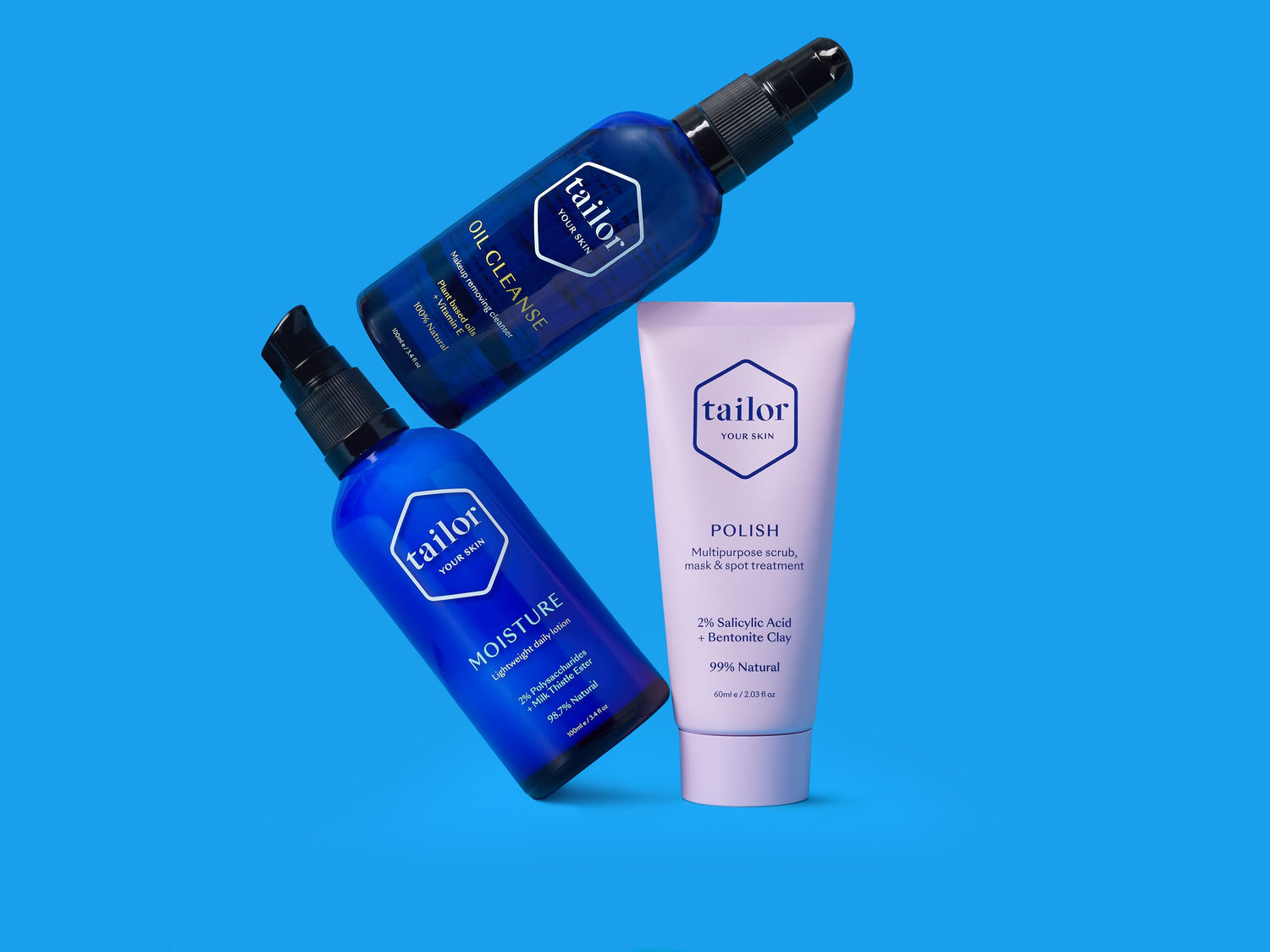An allergic reaction and irritation may seem like similar concepts. But it’s easy to tell the difference between an allergic reaction vs your skin being irritated by a given product or ingredient.
How do you know if you’ll have skin irritation from a product or ingredient?
Some people are born with skin that's highly sensitive to the sun. Others develop skin sensitivity from overexposure to the sun, some chemicals, or other environmental factors over time which can manifest on the skin as redness and irritation. Regardless of your skin irritation, knowing more about it will help you take better care of your skin. To find out if you will have skin reactions causing irritation, perform a self-test.
First, you'll need to do a patch test. Apply a small amount of a given product to your inner upper arm and wait 24 hours.
If, after 24 hours, there are no adverse reactions such as redness or itching, you're good to go, meaning the product did not cause an irritation.
If after 24 hours you notice any adverse reactions on the patch test site, it may mean you have a reaction causing irritation to a given product or an ingredient in the product.

What is the difference between irritated skin and allergic reactions?
Many people quickly use the words 'irritated' and allergic interchangeably; however, there is a difference between the two.
Irritated skin is an inflammatory condition where redness and soreness are experienced. On the other hand, allergic reactions are caused by an immune system response.
Irritated skin can occur upon the first exposure to a product, ingredient, from shaving to sun exposure, while allergic reactions often occur on the second exposure to a given ingredient or product.
For example, experience an adverse reaction after using a face wash with salicylic acid (BHA) or retinol (Vitamin A). It may be because your skin is sensitive to salicylic acid causing irritation.
But you may find the first time you used a new serum your skin was fine, but the second and subsequent times your skin reacted to the product and each exposure the reaction worsened. This is an allergic reaction.
Key skincare ingredients to avoid
With so many chemicals in personal care products being potential irritants or allergens. It's good to know which ingredients are likely to cause a reaction. Here is a list of common ingredients that may be irritating to your skin:
Fragrances
Synthetic (Parfum) and Natural Fragrances are made from petroleum or plant sources, and they can irritate the skin. The FDA does not require manufacturers to list all ingredients in a fragrance, so you may want to check with the manufacturer to see what the ingredients are.
Natural fragrances
Many essential oils such as citrus and clove can irritate when used on sensitive skin. Other natural fragrances, like lavender oil, have been known to cause reactions on sensitive skin.
Active ingredients
It is important to be aware of the active ingredients in your products. For example, Retinol and Vitamin C can often cause skin irritation. Try checking out our natural retinol alternative illume!
Emulsifiers
These ingredients disperse oils and water-based ingredients together in a product. They are sometimes allergens themselves, but more often, they can trigger an allergic reaction through skin irritation. Typical emulsifiers include Cetearyl alcohol, stearic acid, and propylene glycol.
While these skincare terms are often confused for one another, as it turns out, they are entirely different! Irritation results from direct chemical contact on your skin, causing a rash or hives.
Key takeaway
Sensitive skin could be caused by allergies or irritants. These can be caused by chemical and physical changes in the environment. Understanding the differences between allergens and irritants will help you best relieve your skin issues and avoid further damage or disruptions to your skin's health.


